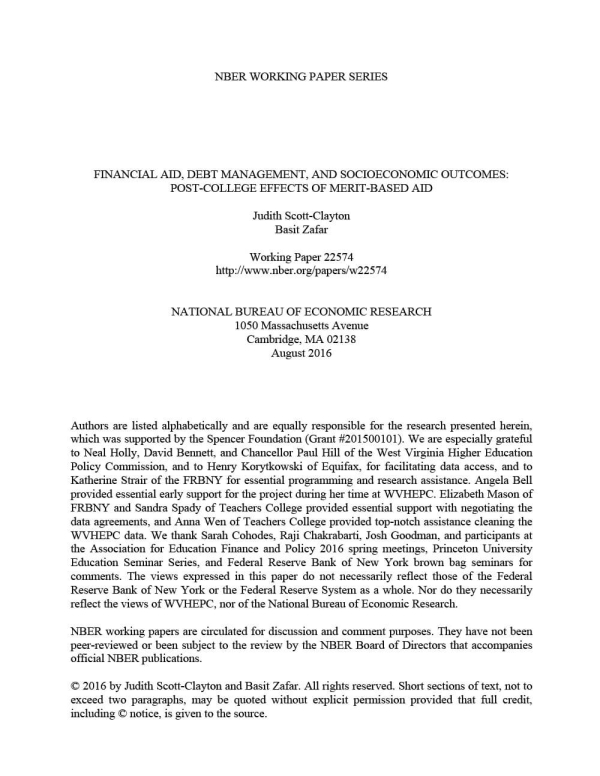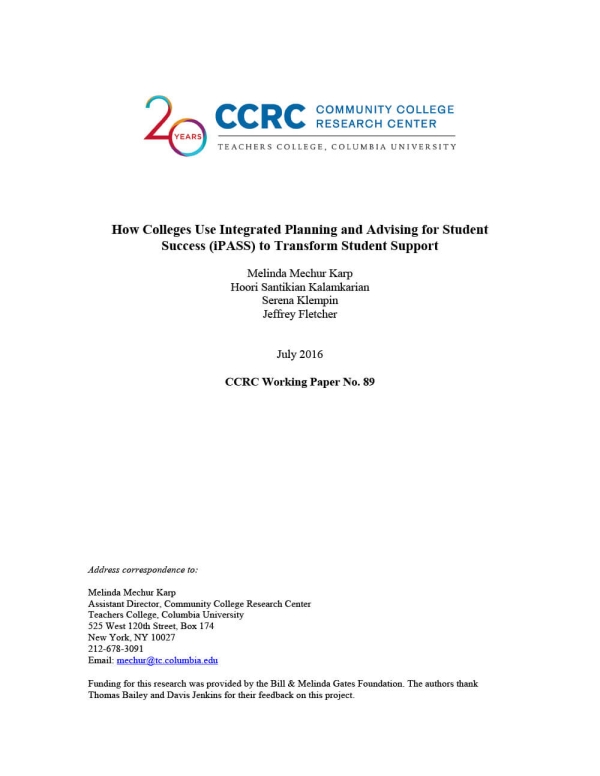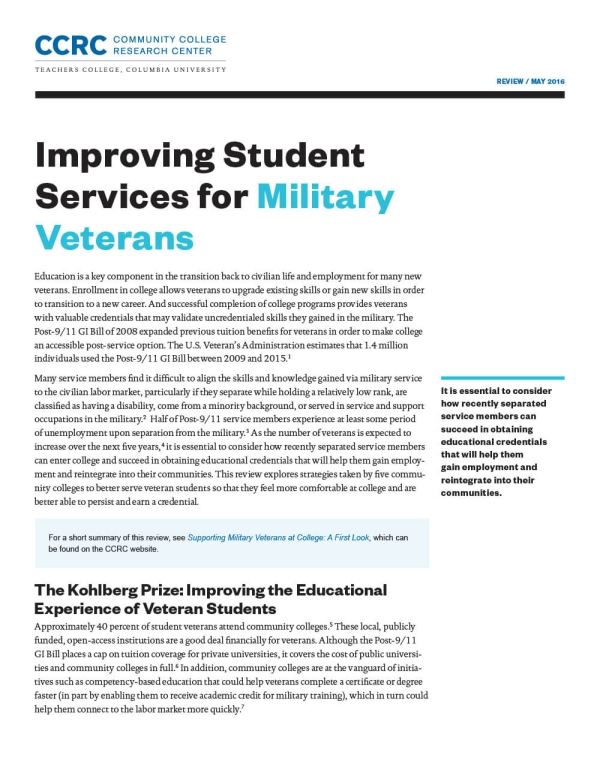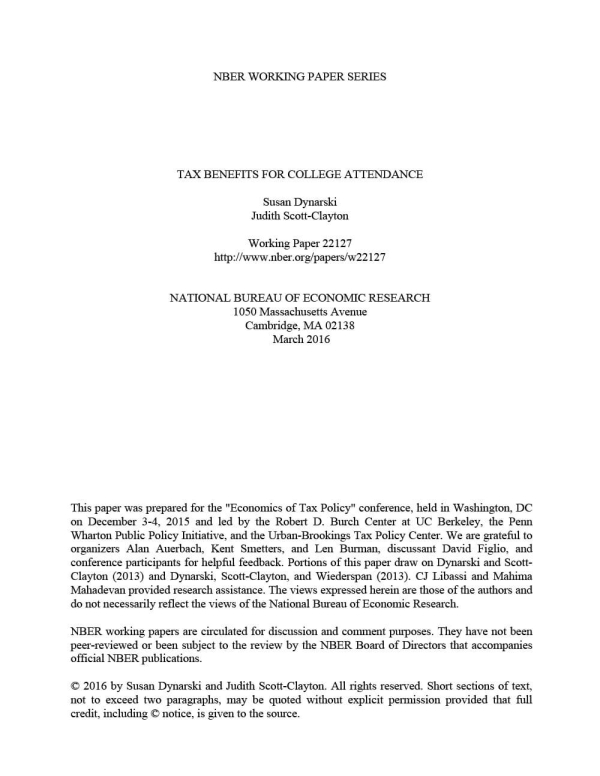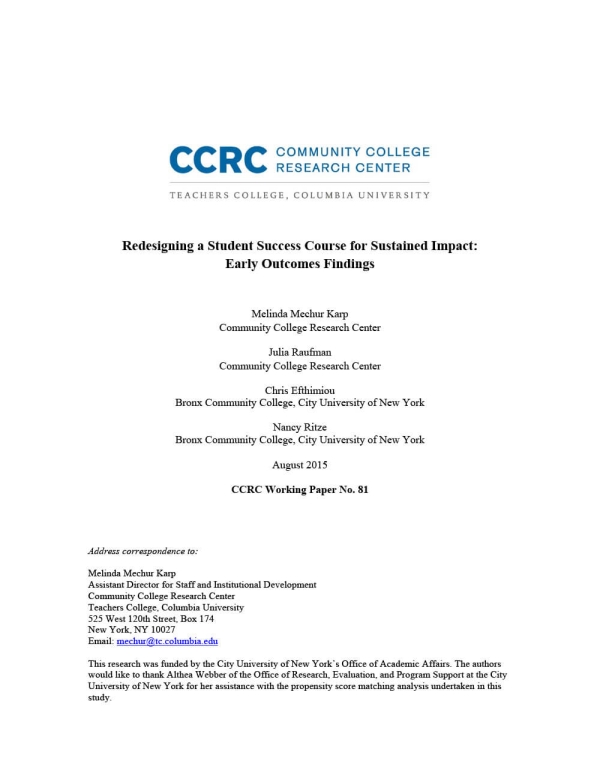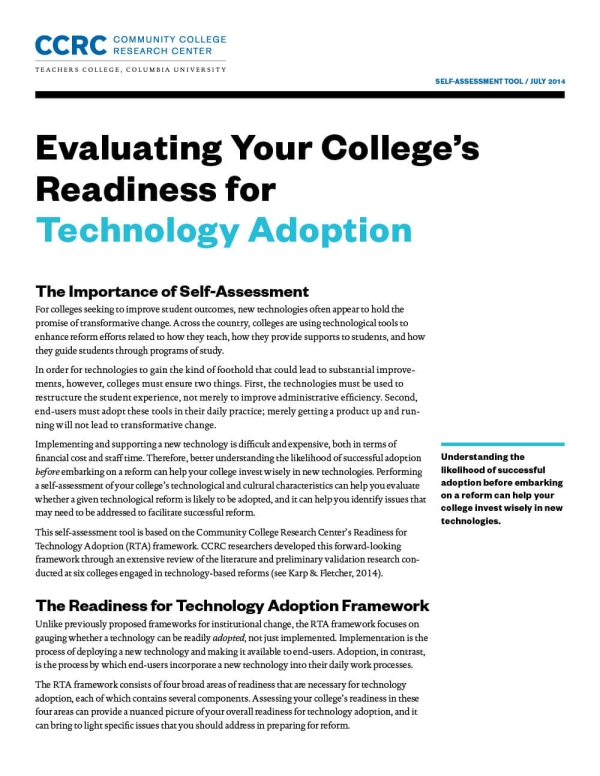August 2016
This paper utilizes two complementary quasi-experimental strategies to identify causal effects of the WV PROMISE scholarship, a broad-based state merit aid program, up to 10 years post–college entry and examine important outcomes that have not previously been examined, including homeownership, neighborhood characteristics, and financial management.

